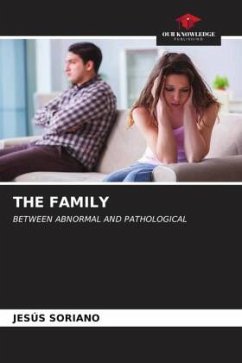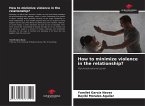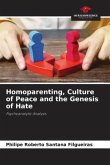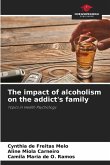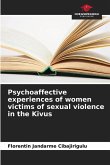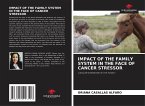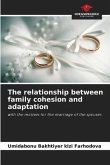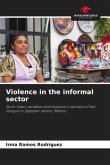In the Apology of Socrates, we can read that when he is about to drink the hemlock and due to the insistence of his disciples that he chooses banishment, he expresses, "it is better to suffer injustice than to exercise it". And if we could reproach him for anything, accompanying Nietzsche's thought, it is that his life centered around intelligence, thought and reason (Greek logos), leaving aside many of the emotions, values and human feelings (ethos and pathos). And when one of them prevails over the others, they will be directly responsible for the lack of reason and truth in correspondence with reality. Reading this book will make you reflect on why one should not prevail over the other, but rather, depending on the circumstances, there should be a kind of balance between them.

